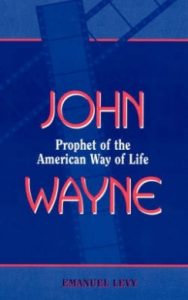The extraordinary coherence of John Wayne’s screen image, over such a prolonged period of time, is largely attributable to the control that he exercised over his career.
Wayne had deployed several means to maintain such continuity and control. The most important strategy was to become the producer of his own movies, which allowed for tighter supervision over every aspect of the filmmaking process.
Grade: B (***1/2* out of *****)
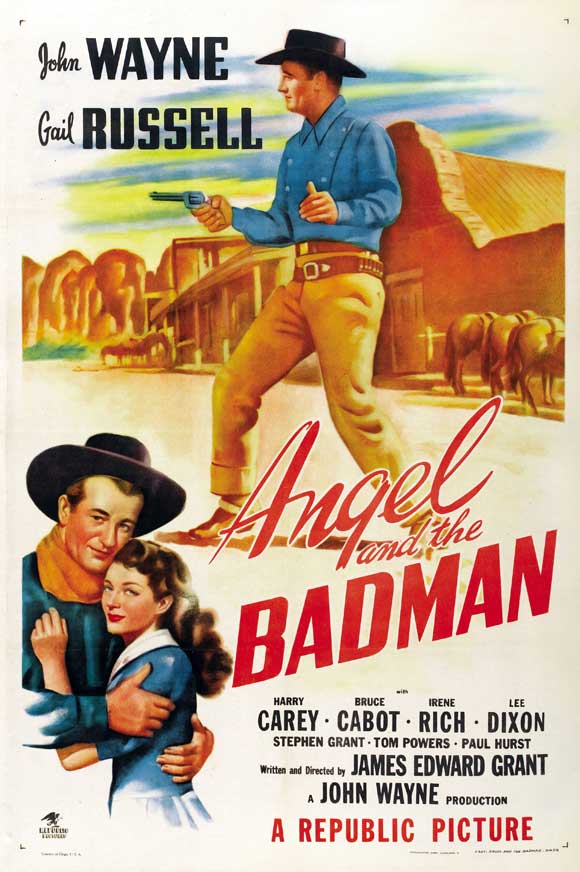
The first film in which Wayne served as both star and producer was Angel and the Badman in 1947, a black-and-white Western that’s written and directed by James Edward Grant. As producer, Wayne’s meticulous attention to detail is already noticeable: The technical values are high, particularly Archie Stout’s distinguished cinematography.
Note:
If you want to know more about John Wayne’s career and life, please read my book:
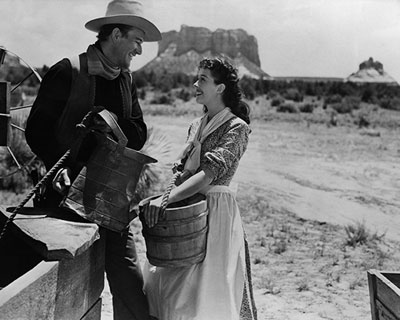
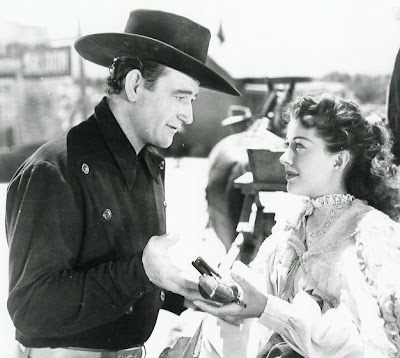
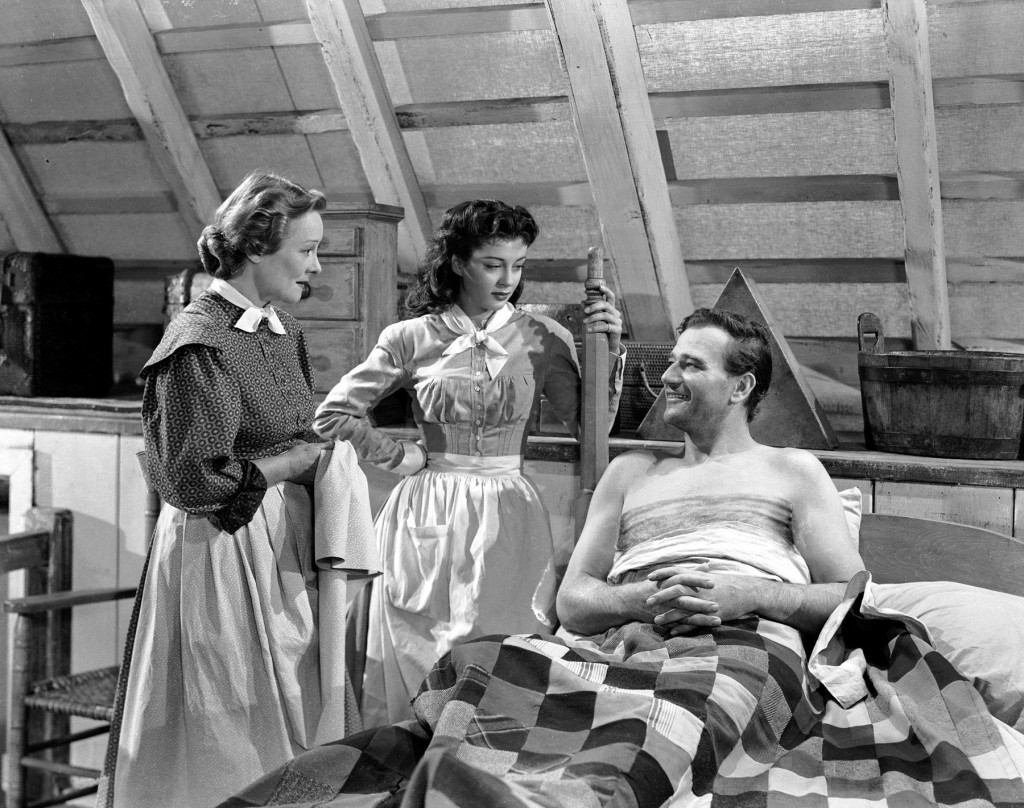
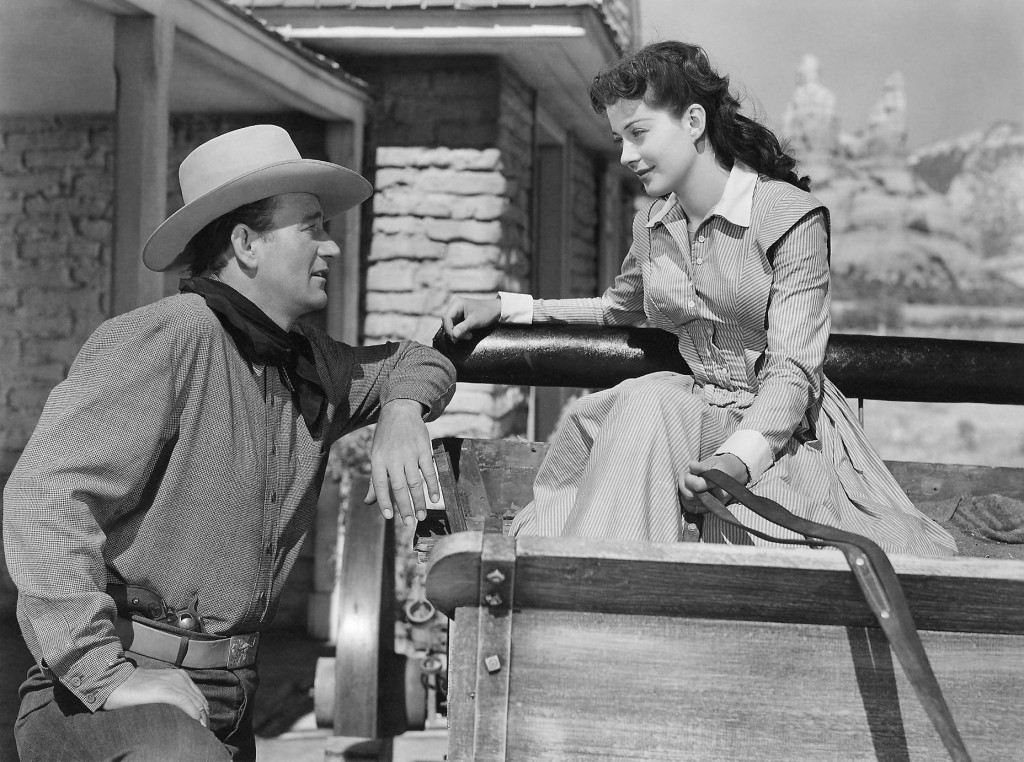
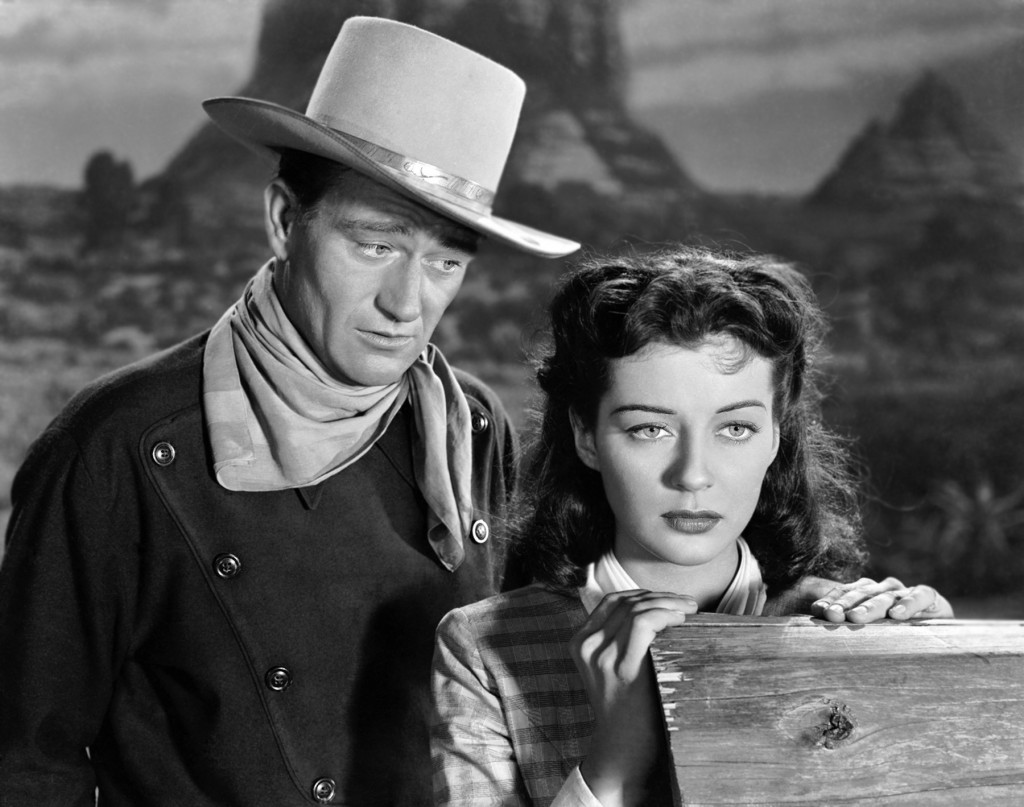
Credits:
Directed, written by James Edward Grant
Produced by John Wayne
Music by Richard Hageman
Cinematography Archie J. Stout
Edited by Harry Keller
Production company John Wayne Productions
Distributed by Republic Pictures
Release date: February 15, 1947
Running time 100 minutes
Cast:
John Wayne as Quirt Evans
Gail Russell as Penelope Worth
Harry Carey as Marshal Wistful McClintock
Bruce Cabot as Laredo Stevens
Irene Rich as Mrs. Worth
Lee Dixon as Randy McCall
Stephen Grant as Johnny Worth
Tom Powers as Dr. Mangram
Paul Hurst as Frederick Carson
Olin Howland as Bradley
John Halloran as Thomas Worth
Joan Barton as Lila Neal
Craig Woods as Ward Withers
Marshall Reed as Nelson
Paul Fix as Mouse Marr (uncredited)
